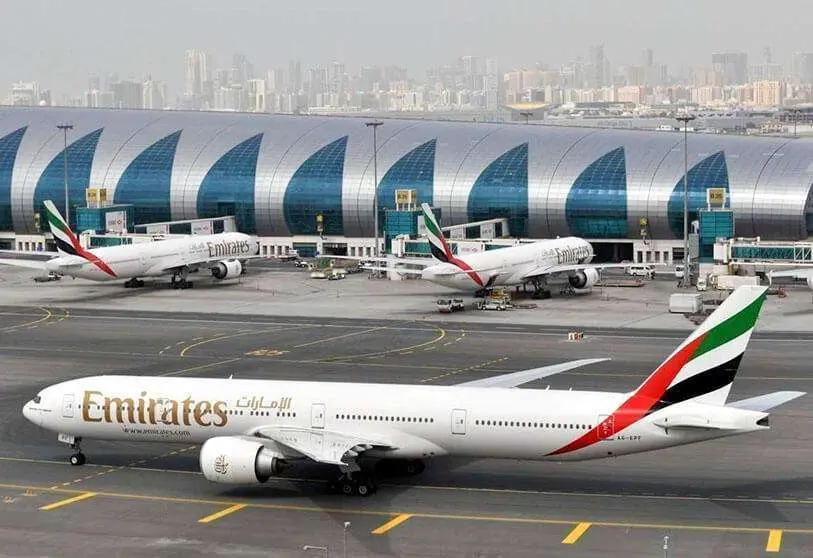UNICEF announces agreement with major airlines to deliver vaccines

The United Nations Children's Fund (UNICEF) announced Tuesday an agreement with more than a dozen major international airlines that will support the delivery of COVID-19 vaccines from the COVAX mechanism around the world.
The "mission" involves AirBridgeCargo, Air France/KLM, Astral Aviation, Brussels Airlines, Brussels Airlines, Cargolux, Cathay Pacific, Emirates Skycargo, Ethiopian Airlines, Etihad Airways, IAG Cargo, Korean Air, Lufthansa Cargo, SAUDIA, Singapore Airlines, Qatar Airways and United Airlines, a UNICEF spokeswoman told Efe.
According to a statement, under the newly launched Humanitarian Air Cargo Initiative, the airlines have signed agreements with UNICEF "to support the prioritization of deliveries of COVID-19 vaccines, essential medicines, medical devices and other critical supplies to respond to the pandemic."
The UN agency's initiative, which unites airlines with coverage in a hundred countries, also aims to establish a global logistics preparedness mechanism "for other humanitarian and health crises in the longer term."

"The delivery of these life-saving vaccines is a monumental and comprehensive task, considering the sheer volumes that need to be transported, the cold chain requirements, the number of expected deliveries and the diversity of routes," UNICEF supply division director Etleva Kadilli was quoted as saying.
According to the plans of the COVAX mechanism, which aims to provide equitable access to vaccines, 145 countries will receive doses to immunize 3% of their populations starting in the first half of 2021, provided that all requirements and distribution estimates are met.
UNICEF stressed that the airlines' commitment is "critical to the safe and timely delivery of vaccines and essential supplies," adding that in addition to prioritizing these shipments, companies will expand their cargo capacity on routes where needed.








